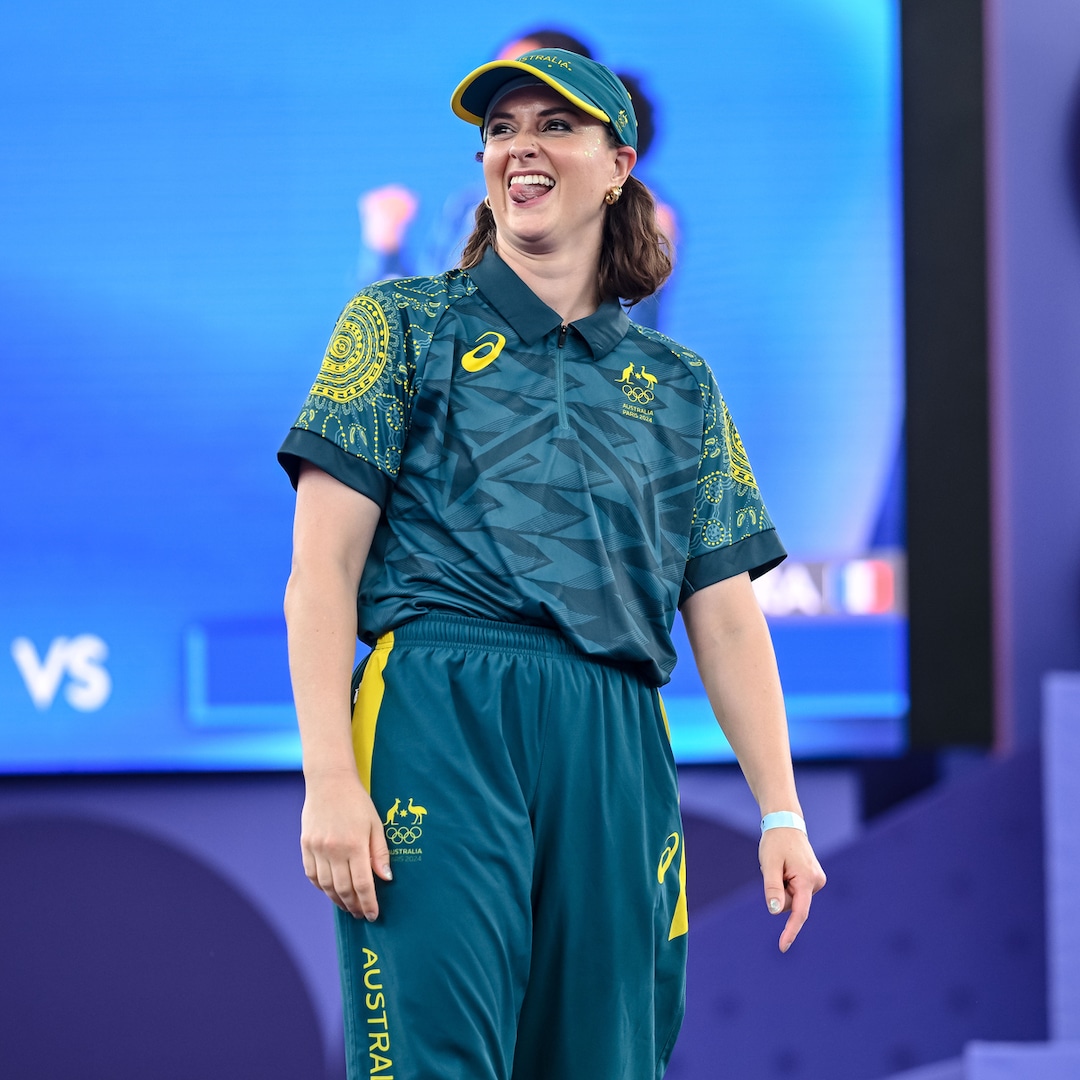Despite $1.53 billion having been budgeted to clean up the perennially polluted Seine, reports swirled for months leading up to the Paris Games about whether it would be safe enough to hold the swimming leg of the triathlons and the 10-kilometer marathons in the river.
Paris Mayor Anne Hidalgo went for a swim July 17 and declared France’s most famous body of water good to go—but it’s been kind of a s–t show since the Olympics began.
On Monday, July 29, swims for the triathletes to familiarize themselves with the Seine were canceled, officials citing poor water quality levels caused by run-off from the weekend’s heavy rains (which noticeably started during the July 26 Opening Ceremony).
The men’s triathlon was then postponed a day and rescheduled to follow the women’s event on July 31 after organizers deemed bacteria levels too high for a safe swim.
Both triathlons were held July 31, day-of tests finding that E. coli and intestinal enterococci levels were low enough to qualify the water as “excellent quality,” per the European Union’s Bathing Water Directive.
But speculation that the water wasn’t safe resumed after two athletes who competed in the triathlon dropped out of the mixed-relay competition, citing respective illnesses (neither of which have been definitively linked to swimming in the Seine).
The women’s and men’s 10km are still scheduled for Aug. 8 and 9, but practices were canceled Aug. 6 after tests showed bacteria levels were once again too high.
